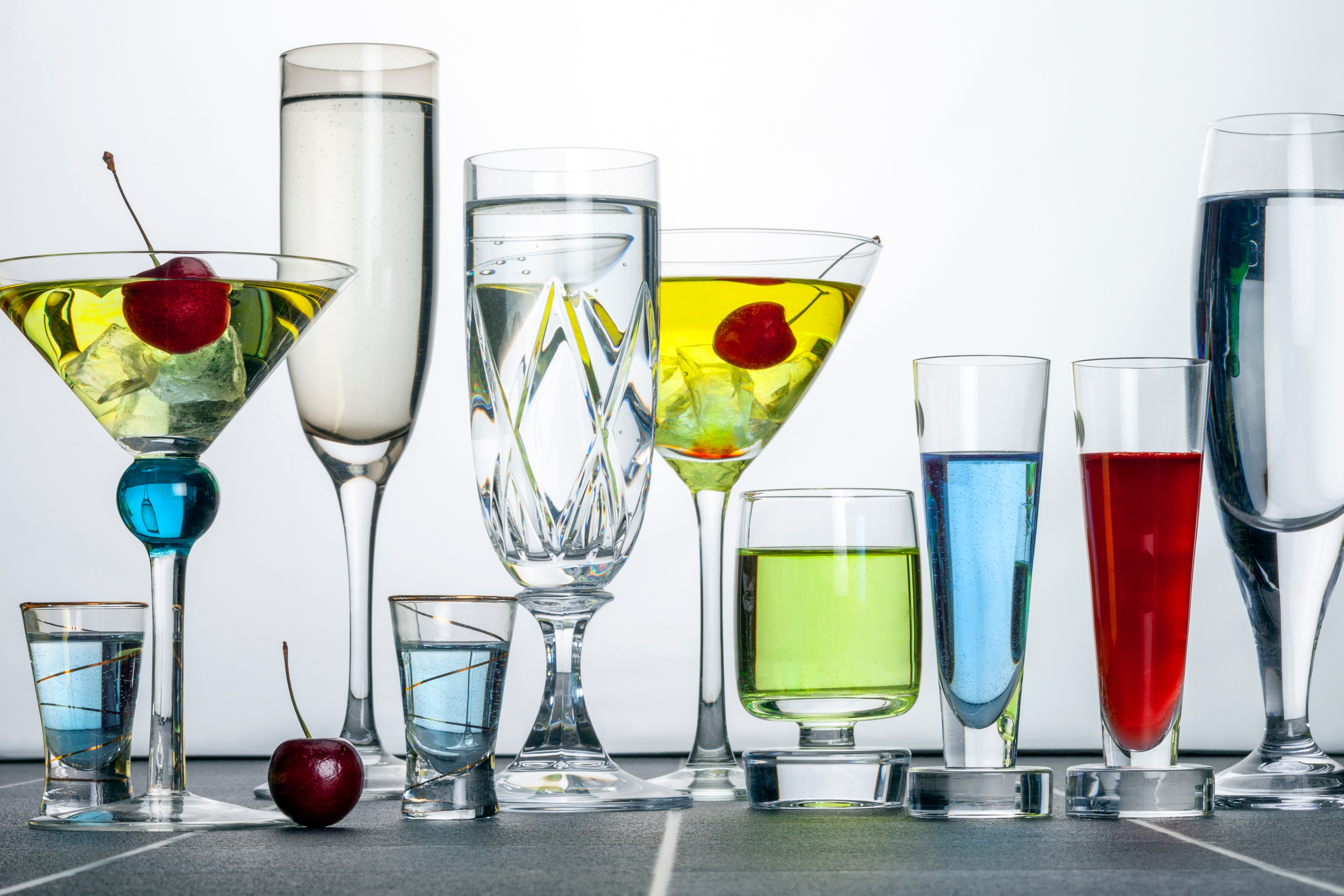10 Eye-Opening Signs You Might Be More Than Just a Casual Drinker
In a world where social drinking is a norm, distinguishing between casual indulgence and a more concerning pattern can be challenging. The line between enjoying a drink and developing a potentially harmful habit is often blurred by societal acceptance and personal denial. This article aims to illuminate the often-overlooked signs that suggest you might be more than just an occasional drinker. Understanding these signs is crucial, not only for personal well-being but also for maintaining healthy relationships and a balanced lifestyle. By delving into these indicators, we hope to provide a comprehensive guide that encourages introspection and informed decision-making. As we explore each sign, it's important to approach the topic with an open mind and a willingness to reflect on one's habits. Whether you are reading for personal insight or to support someone else, the following sections will provide clarity and guidance on a complex issue that affects millions worldwide.
1. Increased Tolerance: The Need for More

One of the earliest signs that your drinking habits may be evolving beyond occasional use is an increased tolerance to alcohol. Initially, a few drinks might suffice to achieve the desired effect, but over time, you may find yourself needing more to reach the same level of relaxation or euphoria. This phenomenon occurs because the body adapts to the presence of alcohol, requiring higher quantities to achieve the same effect. Increased tolerance is often accompanied by a lack of awareness, as individuals may not immediately notice the gradual increase in consumption. This can lead to a dangerous cycle where more alcohol is consumed, potentially leading to physical dependence. Recognizing this change in tolerance is crucial, as it often serves as the first red flag that drinking habits are shifting from social to potentially problematic.
2. Drinking as a Coping Mechanism

Turning to alcohol as a means of coping with stress, anxiety, or other emotional challenges is another significant indicator of problematic drinking. While it's not uncommon to have a drink after a long day, consistently using alcohol as a primary method to manage emotions can signal a deeper issue. This reliance can mask underlying problems, preventing individuals from developing healthier coping strategies. Over time, this behavior can exacerbate emotional distress, leading to a vicious cycle where alcohol becomes both the problem and the perceived solution. Understanding this pattern is essential for breaking free from it and seeking healthier alternatives for emotional regulation.
